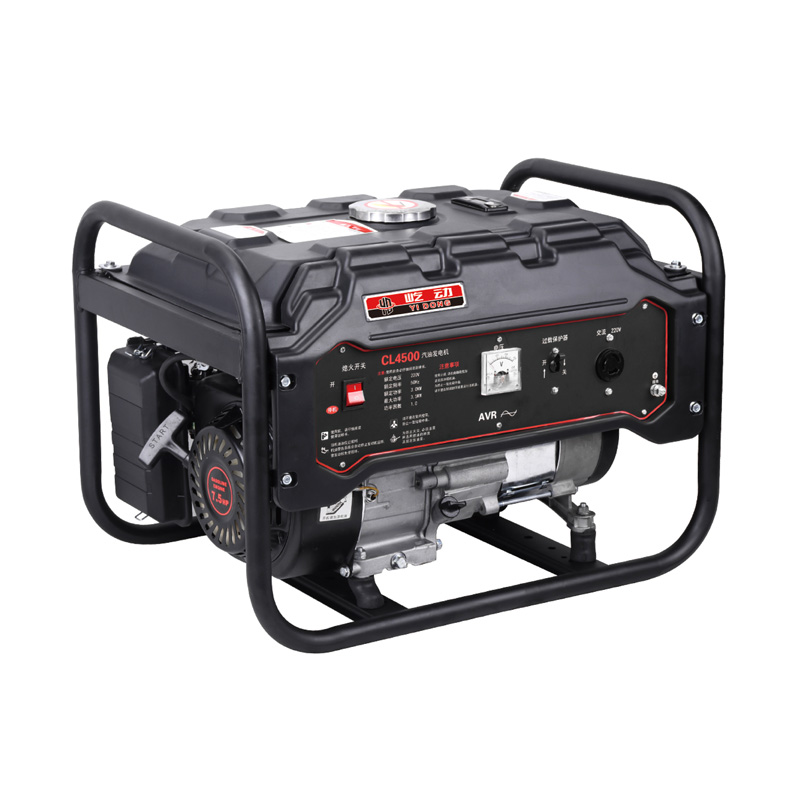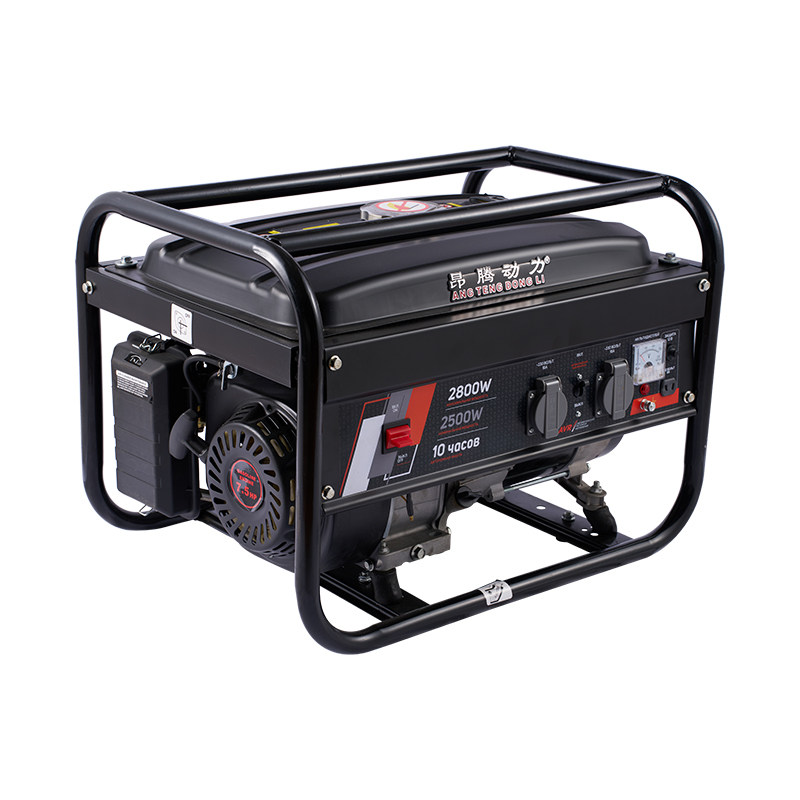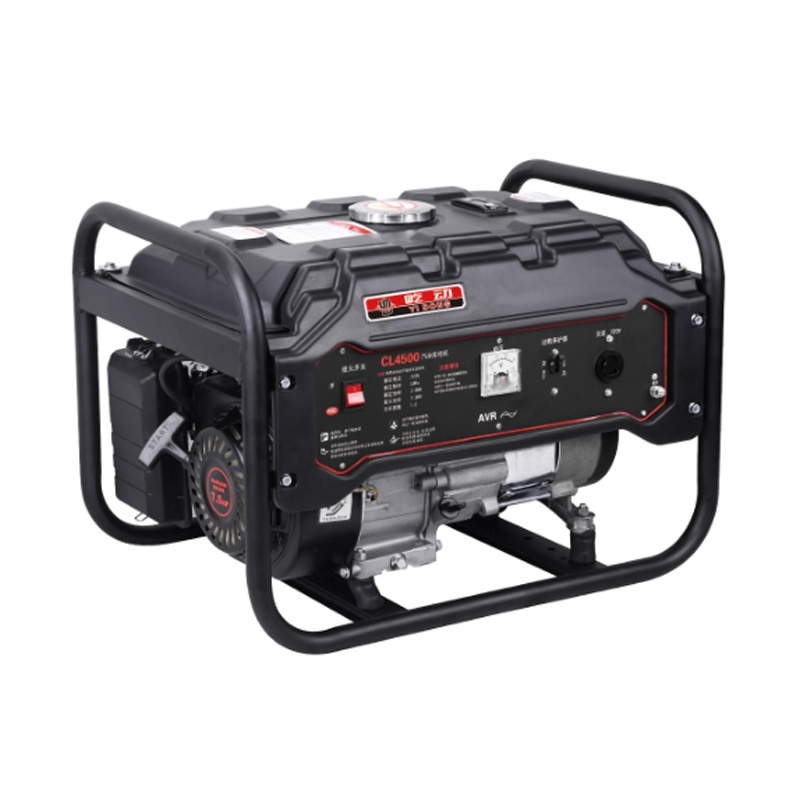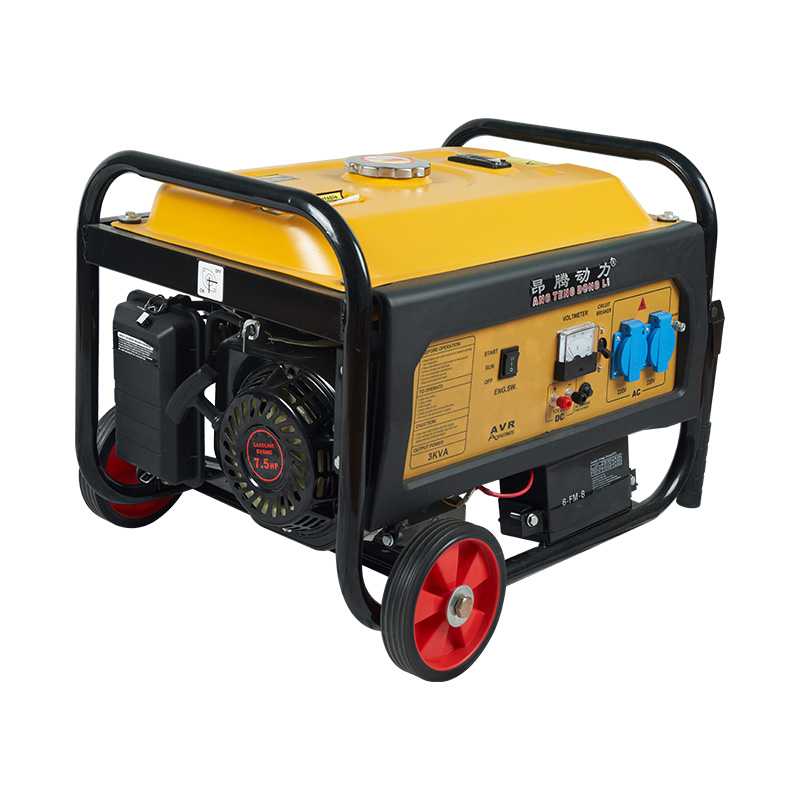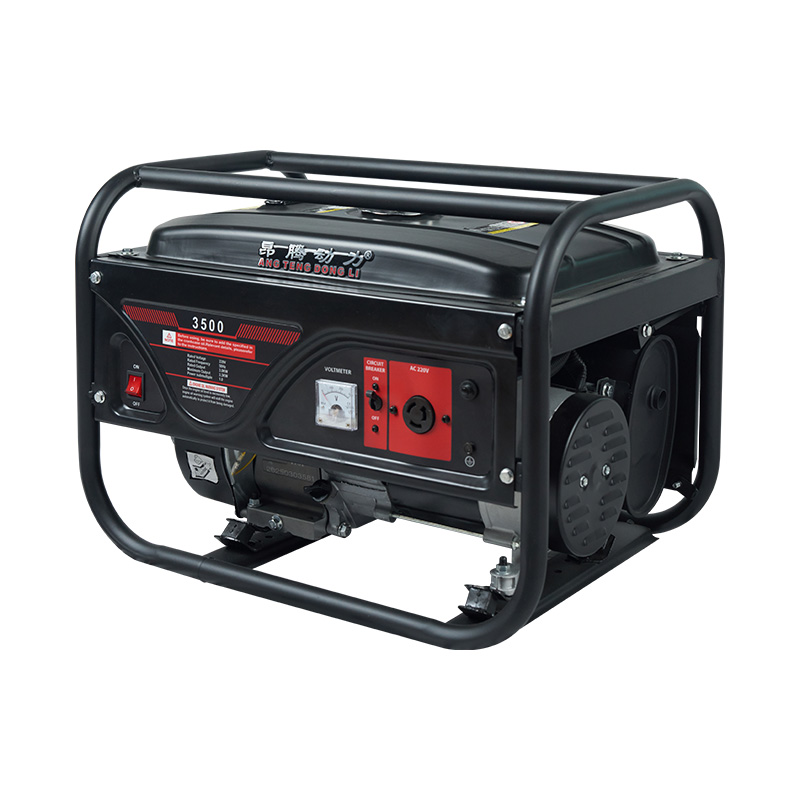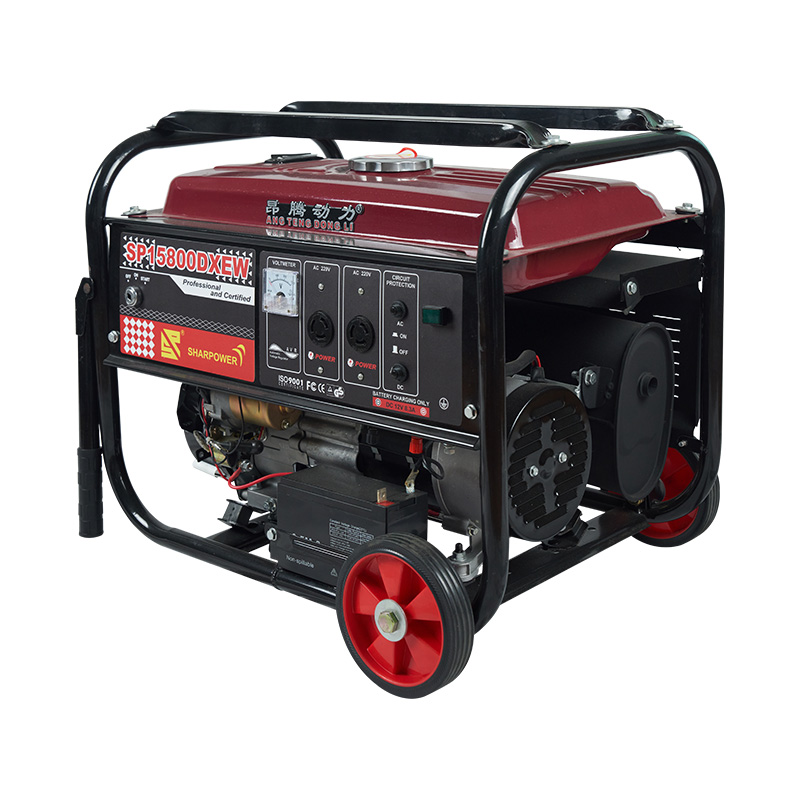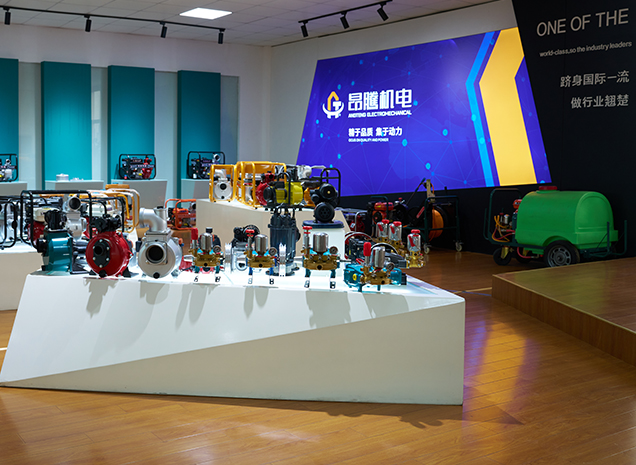How Efficient Is a Gasoline Generator?
Basic Efficiency Range
A typical gasoline generator converts around 20% to 30% of the fuel’s energy into electricity.
This level of efficiency is generally suitable for temporary or portable power needs, such as home backup, camping, or construction sites.
Influence of Load on Efficiency
The load applied to the generator directly affects fuel consumption.
Operating at 50% to 75% of rated capacity often provides the fuel economy.
Running at very low or load reduces efficiency because the engine either idles inefficiently or works under stress.
Impact of Design and Technology
Modern gasoline generators may include electronic fuel injection (EFI) or optimized carburetion systems.
These systems ensure more complete combustion and less unburned fuel, improving energy output.
Inverter technology helps stabilize voltage and frequency, reducing unnecessary energy loss.
Maintenance for Better Efficiency
Clean air filters and timely oil changes improve performance.
Using high-quality gasoline minimizes residue buildup and ensures smooth combustion.
Regular checks on spark plugs and exhaust systems maintain steady operation.
Overall Assessment
When properly maintained, a gasoline generator can deliver consistent performance and reasonable fuel efficiency.
It remains a practical choice for short-term power supply where reliability and portability are essential.
2kW Gasoline Generator – Portable Generator for Home, Workshop, and Outdoor Use
What is a 2kW Gasoline Generator?
A 2kW Gasoline Generator is a small, portable generator that converts gasoline fuel into reliable electricity. It provides power for home appliances, small workshops, tools, and outdoor activities, making it a versatile solution for temporary or mobile power needs.
Why choose a 2kW Gasoline Generator?
- Compact and lightweight for easy transport.
- Suitable power output for household or light industrial use.
- Ideal for outdoor events, remote work sites, and emergency backup.
Key components affecting performance:
- Engine quality: Ensures stable operation and fuel efficiency.
- Alternator: Provides consistent voltage to protect devices.
- Cooling system: Prevents overheating during extended use.
- Safety features: Includes low oil shutdown and overload protection.
Maintenance tips:
- Check oil and fuel levels regularly.
- Clean or replace air filters.
- Inspect spark plugs and connections.
- Store in a dry, ventilated area to prevent corrosion and wear.
Customization and versatility:
Optional features like inverter technology, adjustable voltage, and varying fuel tank capacities allow the generator to be tailored for specific applications, from home use to small farms, construction sites, and recreational activities.
Petrol Generator: How to Choose the Right One for Home and Outdoor Use
When searching for a petrol generator, customers are often concerned about power output, portability, fuel efficiency, and noise levels. A reliable generator should match your energy needs, whether it’s for home backup during power outages or outdoor activities like camping and events. Typically, small petrol generators ranging from 1kW to 5kW are ideal for household appliances, while larger models provide enough power for construction tools or emergency backup systems.
Portability is another key factor. Many users prefer compact, lightweight petrol generators with carry handles or wheels, making them easy to move and store. Fuel efficiency directly affects running costs, so models with advanced engines or eco modes are highly sought after. Noise reduction is equally important, especially for residential use, making “silent” petrol generators increasingly popular.
Other common questions include: how long the generator can run on a full tank, maintenance requirements, and safety features like automatic shut-off and overload protection. Choosing a petrol generator from a reputable manufacturer ensures durability, reliable performance, and easy access to spare parts. Understanding these factors helps customers make informed decisions and find the best generator to meet their specific needs.



 English
English русский
русский Français
Français Español
Español عربى
عربى